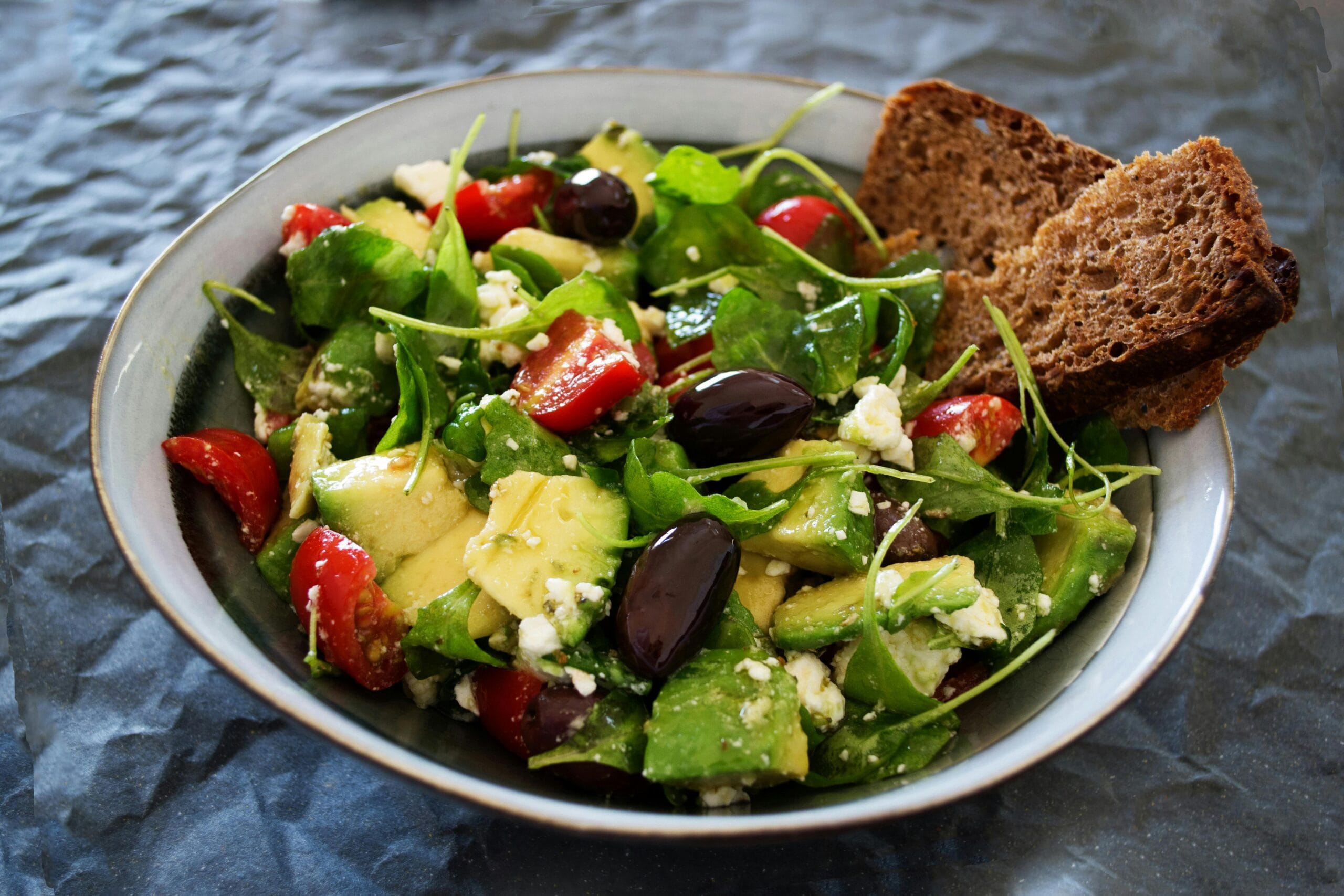Switching to a plant-based diet can feel like a big step, but with the right guidance, it becomes an exciting journey toward better health and sustainability. Whether you’re transitioning for health, ethical reasons, or environmental concerns, this meal plan will help you get started. Let’s dive into everything you need to know about adopting a plant-based lifestyle.
What is a Plant-Based Diet?
A plant-based diet focuses primarily on foods derived from plants. This includes fruits, vegetables, grains, nuts, seeds, and legumes. While some people may still include small amounts of animal products, the emphasis is on reducing these and making plants the star of your meals.
Benefits of a Plant-Based Diet
- Improved Heart Health: Plant-based diets are rich in fiber and low in saturated fats, which promote better cardiovascular health.
- Weight Management: Whole plant foods are nutrient-dense and lower in calories, aiding in weight loss or maintenance.
- Better Digestion: High fiber content in plant foods supports gut health and regular digestion.
- Environmental Sustainability: Reducing animal product consumption significantly lowers your carbon footprint.
- Reduced Risk of Chronic Diseases: Studies show that plant-based diets can lower the risk of diabetes, hypertension, and certain types of cancer.
7-Day Plant-Based Diet Meal Plan for Beginners
Day 1: Kickstart Your Journey
Breakfast:
- Smoothie bowl with frozen bananas, spinach, almond milk, and chia seeds. Top with fresh berries, granola, and shredded coconut.
Lunch:
- Quinoa salad with chickpeas, cherry tomatoes, cucumbers, parsley, and lemon-tahini dressing.
Dinner:
- Stir-fried tofu with mixed vegetables (broccoli, bell peppers, carrots) served over brown rice.
Snack:
- Sliced apple with almond butter.
Day 2: Nourishing Choices
Breakfast:
- Oatmeal with almond milk, topped with walnuts, raisins, and a drizzle of maple syrup.
Lunch:
- Hummus wrap with spinach, shredded carrots, avocado, and roasted red peppers.
Dinner:
- Lentil curry with steamed basmati rice and a side of cucumber salad.
Snack:
- Handful of mixed nuts and dried fruits.
Day 3: Keep It Fresh
Breakfast:
- Whole-grain toast with mashed avocado, cherry tomatoes, and a sprinkle of nutritional yeast.
Lunch:
- Greek-inspired salad with mixed greens, olives, cucumber, red onion, and a lemon-oregano vinaigrette.
Dinner:
- Baked sweet potato stuffed with black beans, corn, salsa, and a dollop of vegan sour cream.
Snack:
- Baby carrots with tahini dip.
Day 4: Power Through
Breakfast:
- Chia pudding made with coconut milk, topped with mango slices and crushed pistachios.
Lunch:
- Veggie-packed minestrone soup with whole-grain bread.
Dinner:
- Vegan pasta primavera with zucchini, cherry tomatoes, spinach, and garlic tossed in olive oil.
Snack:
- Edamame sprinkled with sea salt.
Day 5: Flavorful and Fun
Breakfast:
- Smoothie with kale, pineapple, coconut water, and flaxseeds.
Lunch:
- Buddha bowl with brown rice, roasted sweet potatoes, kale, chickpeas, and tahini sauce.
Dinner:
- Vegan mushroom and spinach risotto.
Snack:
- Popcorn with nutritional yeast.
Day 6: Weekend Treats
Breakfast:
- Vegan pancakes topped with fresh strawberries and maple syrup.
Lunch:
- Spicy black bean and quinoa bowl with avocado and salsa.
Dinner:
- Vegan pizza topped with tomato sauce, spinach, mushrooms, and vegan mozzarella.
Snack:
- Fresh fruit salad.
Day 7: Celebrate Your Progress
Breakfast:
- Acai bowl topped with granola, banana slices, and chia seeds.
Lunch:
- Vegan sushi rolls filled with avocado, cucumber, carrots, and bell peppers.
Dinner:
- Grilled eggplant with a side of roasted veggies and quinoa.
Snack:
- Dark chocolate and a handful of almonds.
Tips for Staying on Track
- Meal Prep: Spend a couple of hours each week prepping ingredients to save time.
- Experiment: Try new recipes and ingredients to keep meals exciting.
- Stay Informed: Read labels to avoid hidden animal products.
- Stay Hydrated: Drink plenty of water throughout the day.
- Supplement Wisely: Consider supplements for B12, vitamin D, and omega-3s if needed.
Frequently Asked Questions
1. Is a plant-based diet expensive? No, plant-based diets can be budget-friendly if you focus on whole foods like grains, beans, and seasonal produce.
2. Will I get enough protein? Yes, plants like lentils, chickpeas, tofu, and quinoa are excellent protein sources.
3. Can I eat out on a plant-based diet? Many restaurants now offer plant-based options. You can also customize dishes by requesting plant-based substitutions.
Conclusion
Adopting a plant-based diet is a rewarding lifestyle change that benefits your health and the planet. This beginner-friendly meal plan provides a variety of tasty and nutrient-rich meals to set you up for success. Embrace this journey one meal at a time, and you’ll soon discover the joys of plant-based living.
Keywords:
Plant-based diet, beginner meal plan, plant-based lifestyle, healthy eating, plant-based recipes, vegan meal ideas, sustainable eating, vegetarian diet, plant-based protein sources, plant-based nutrition.
